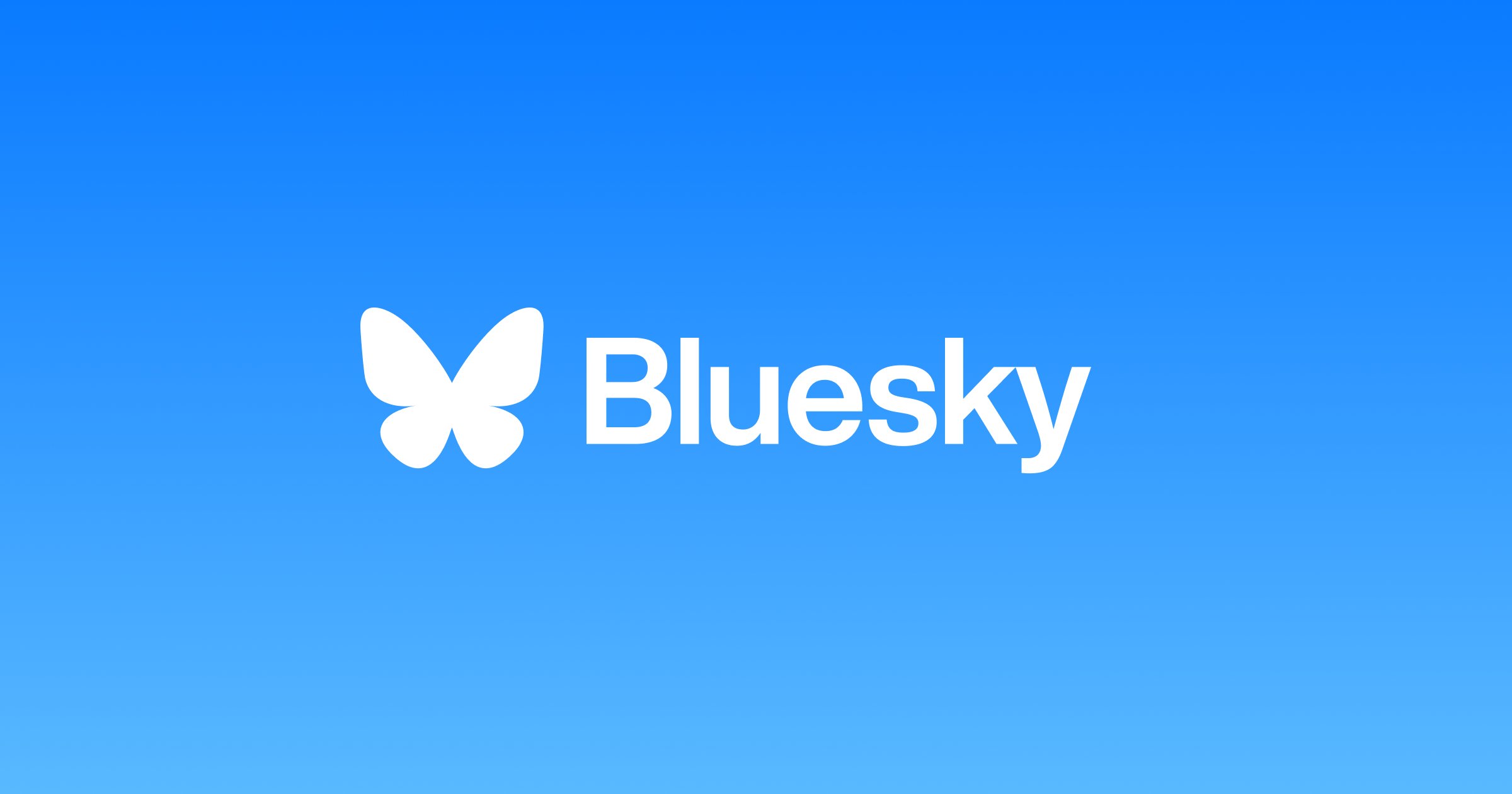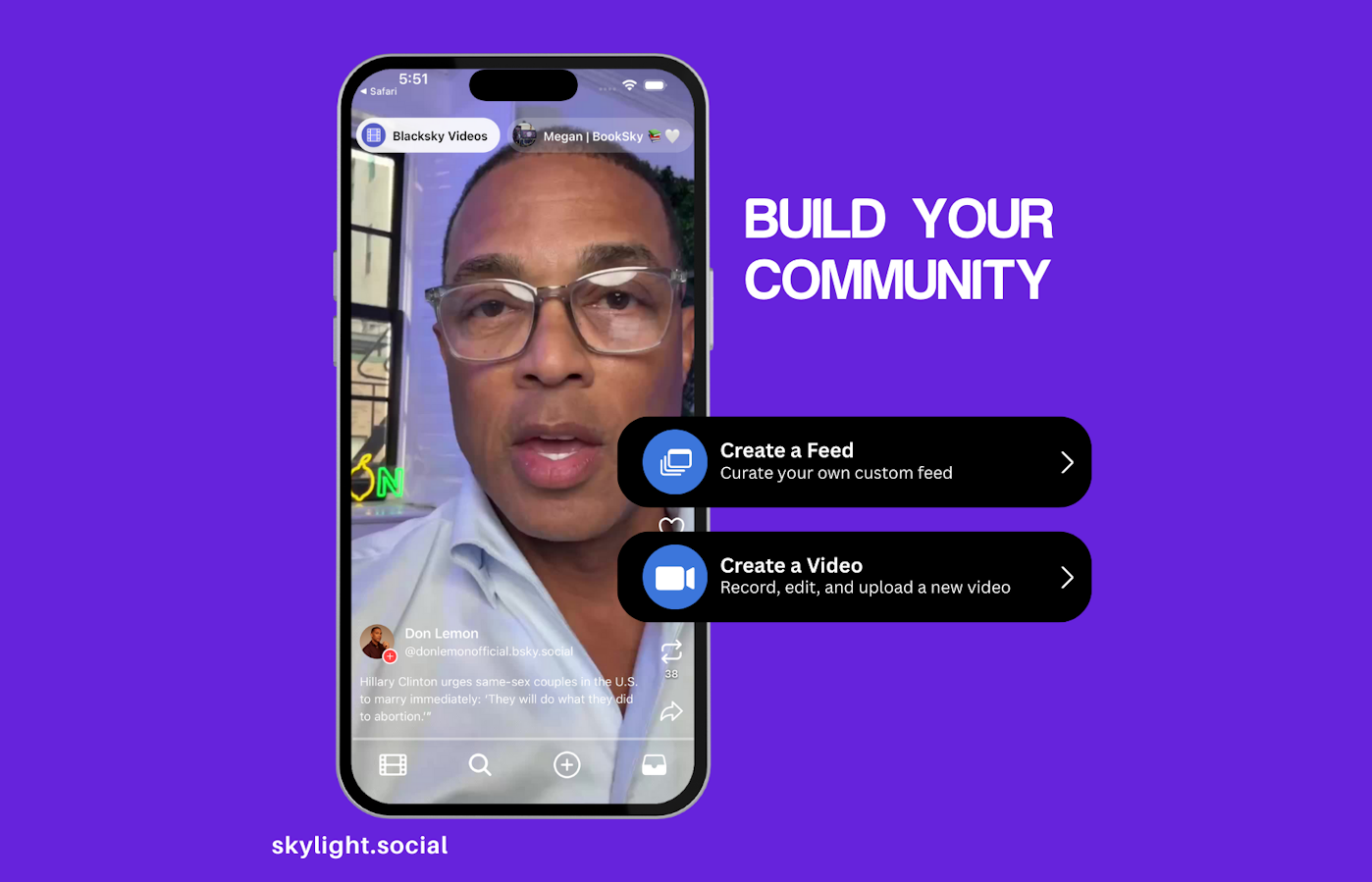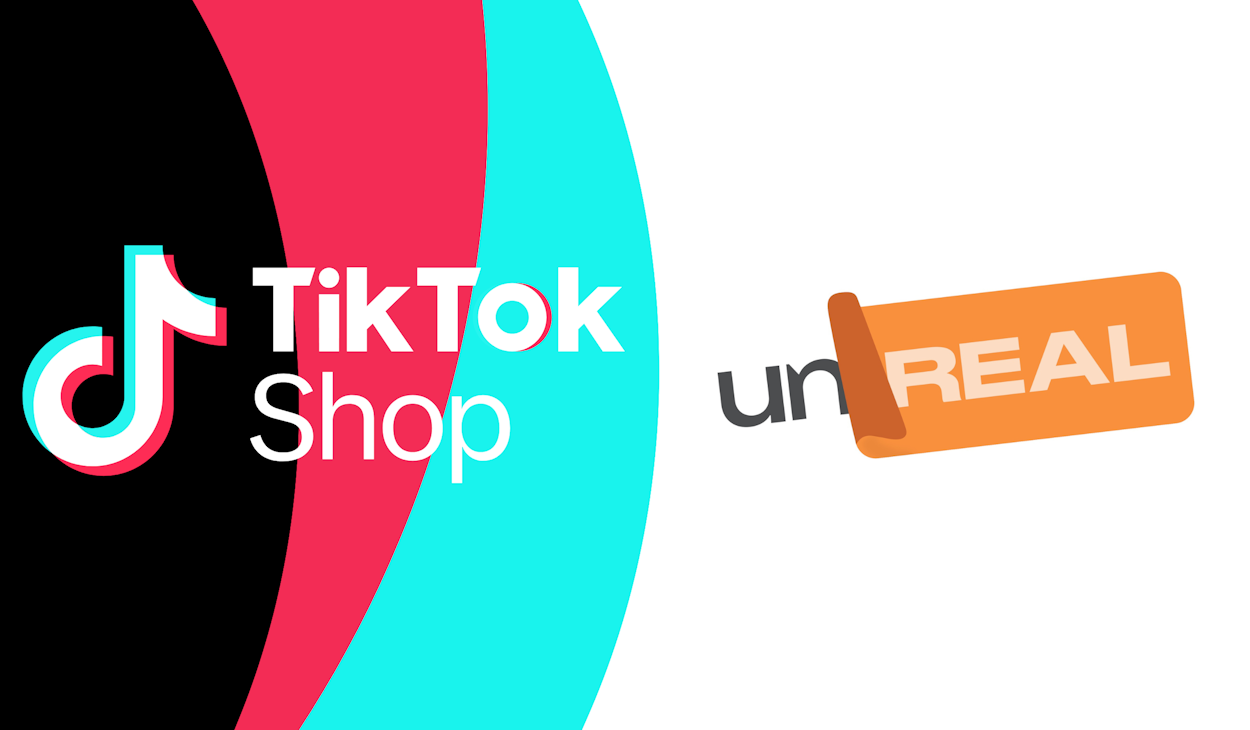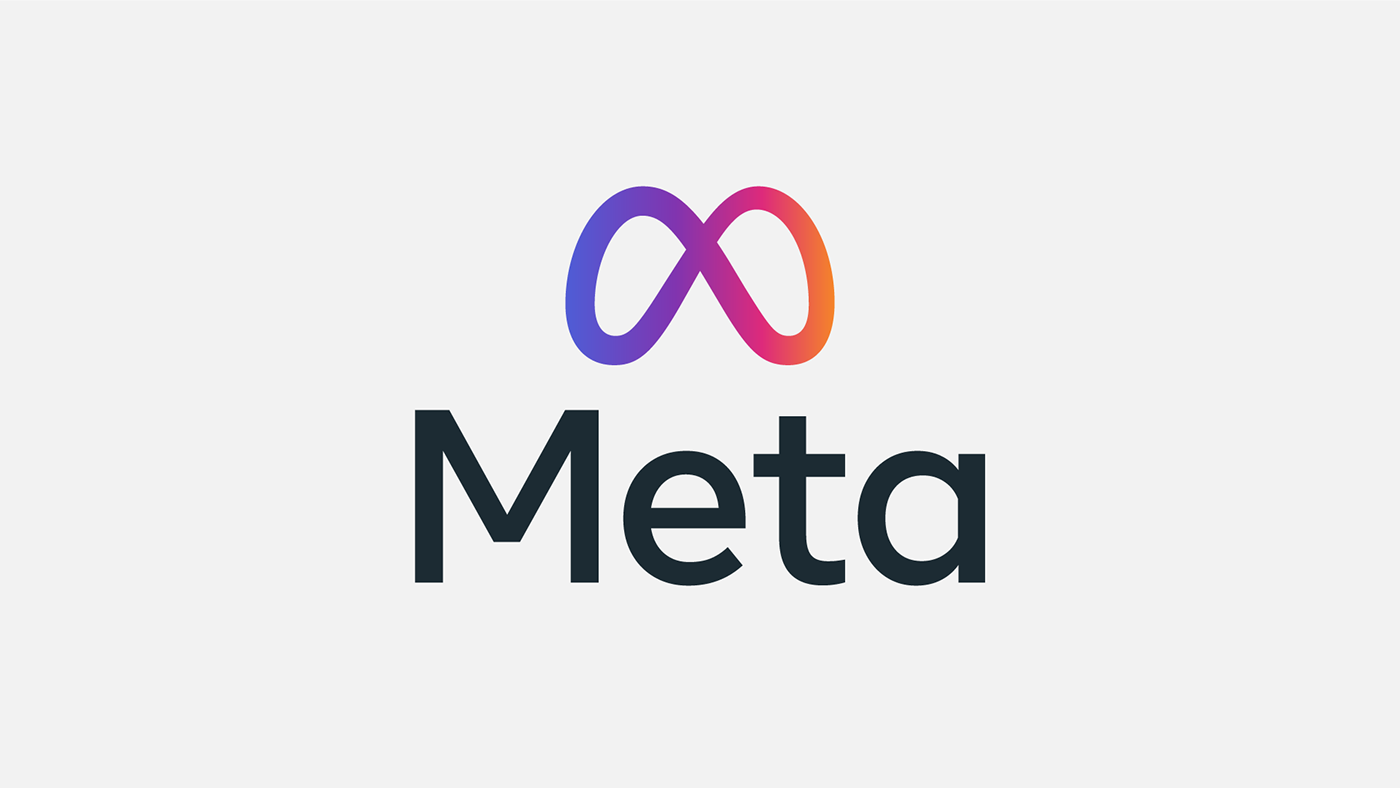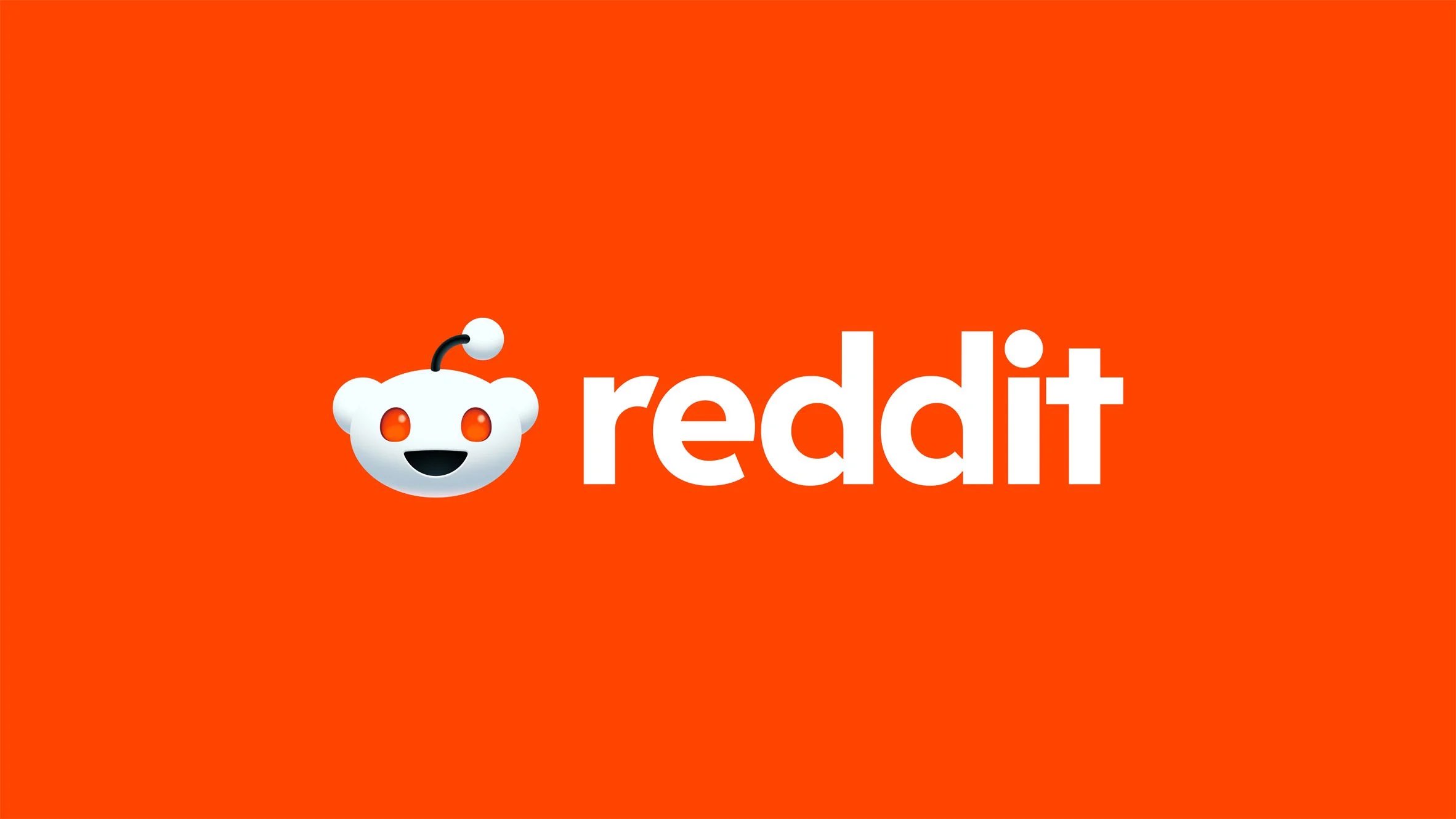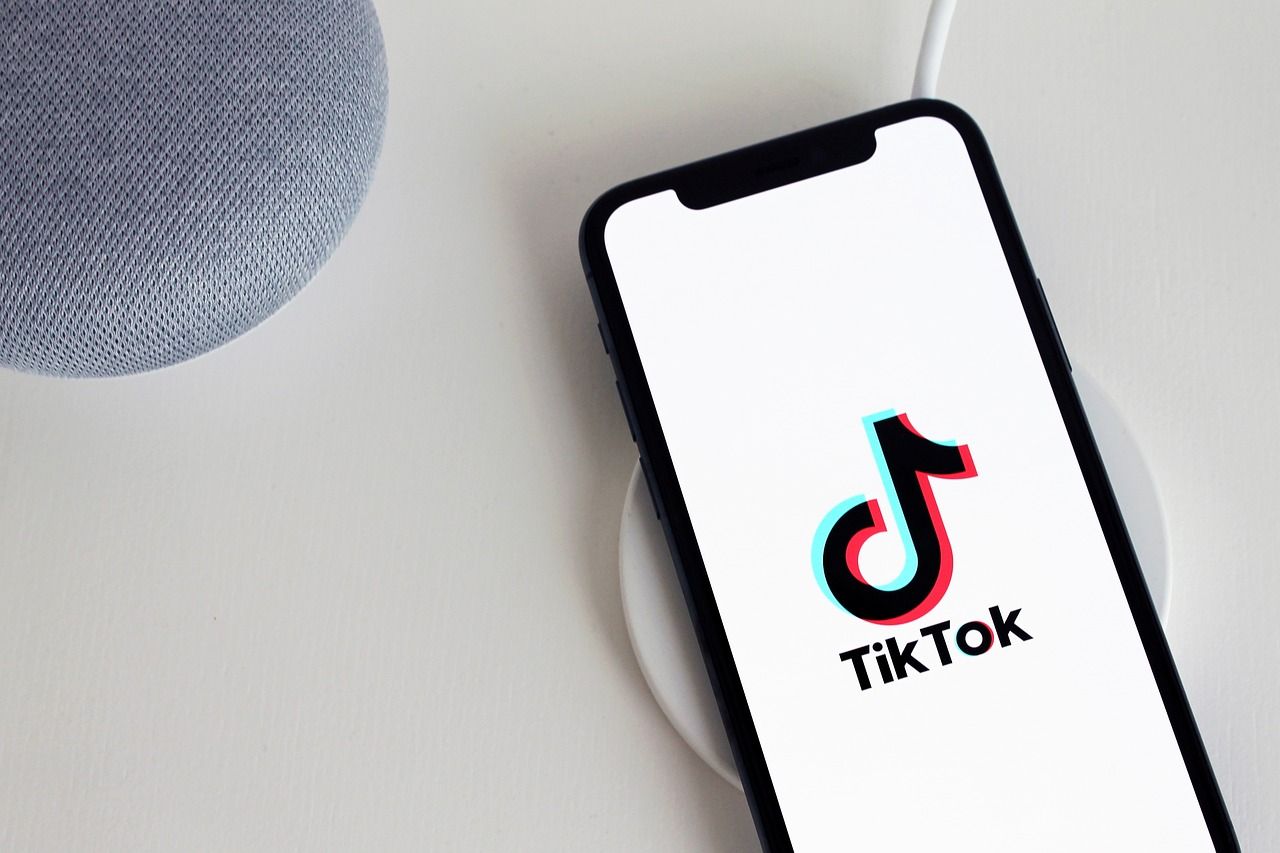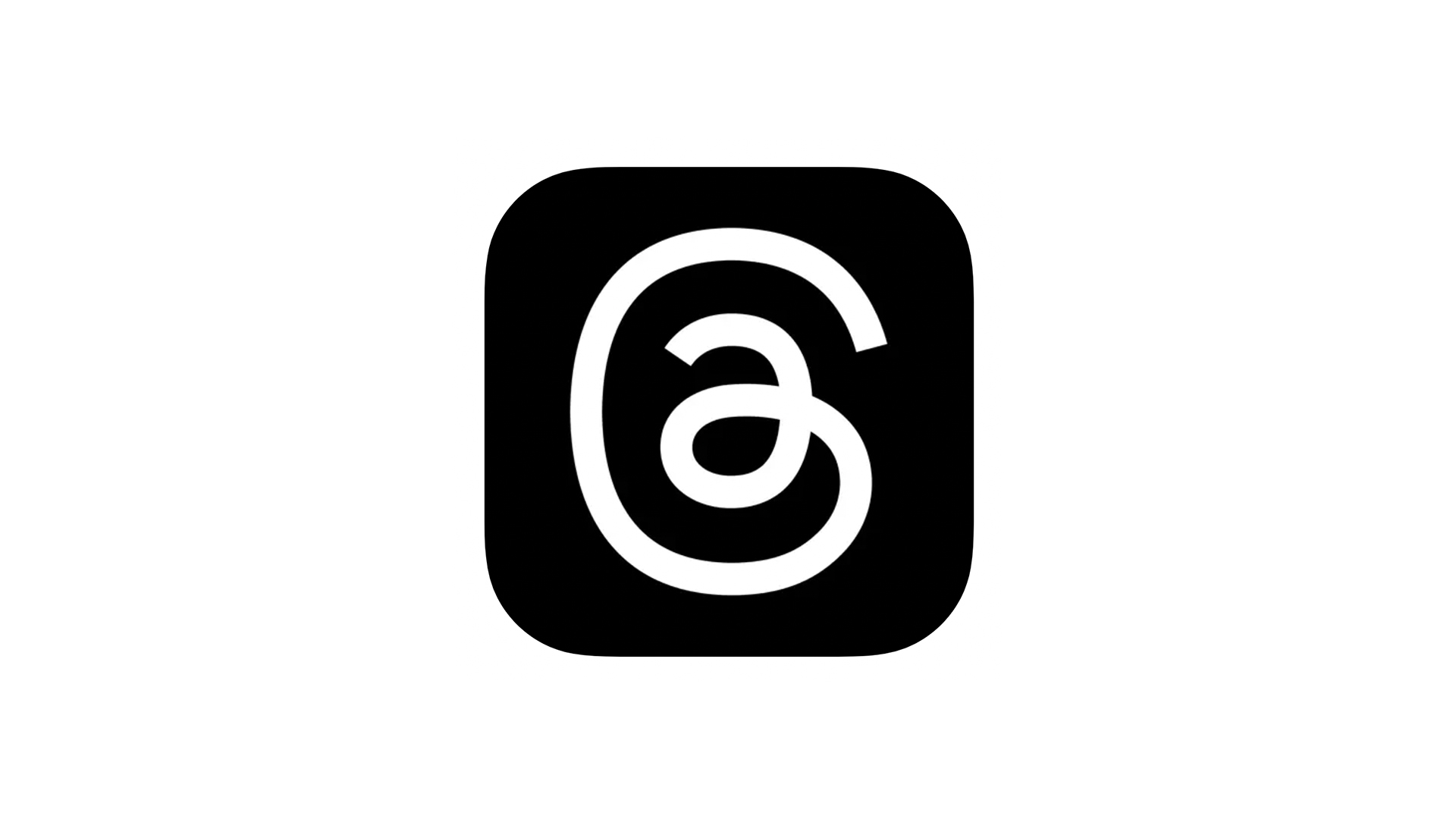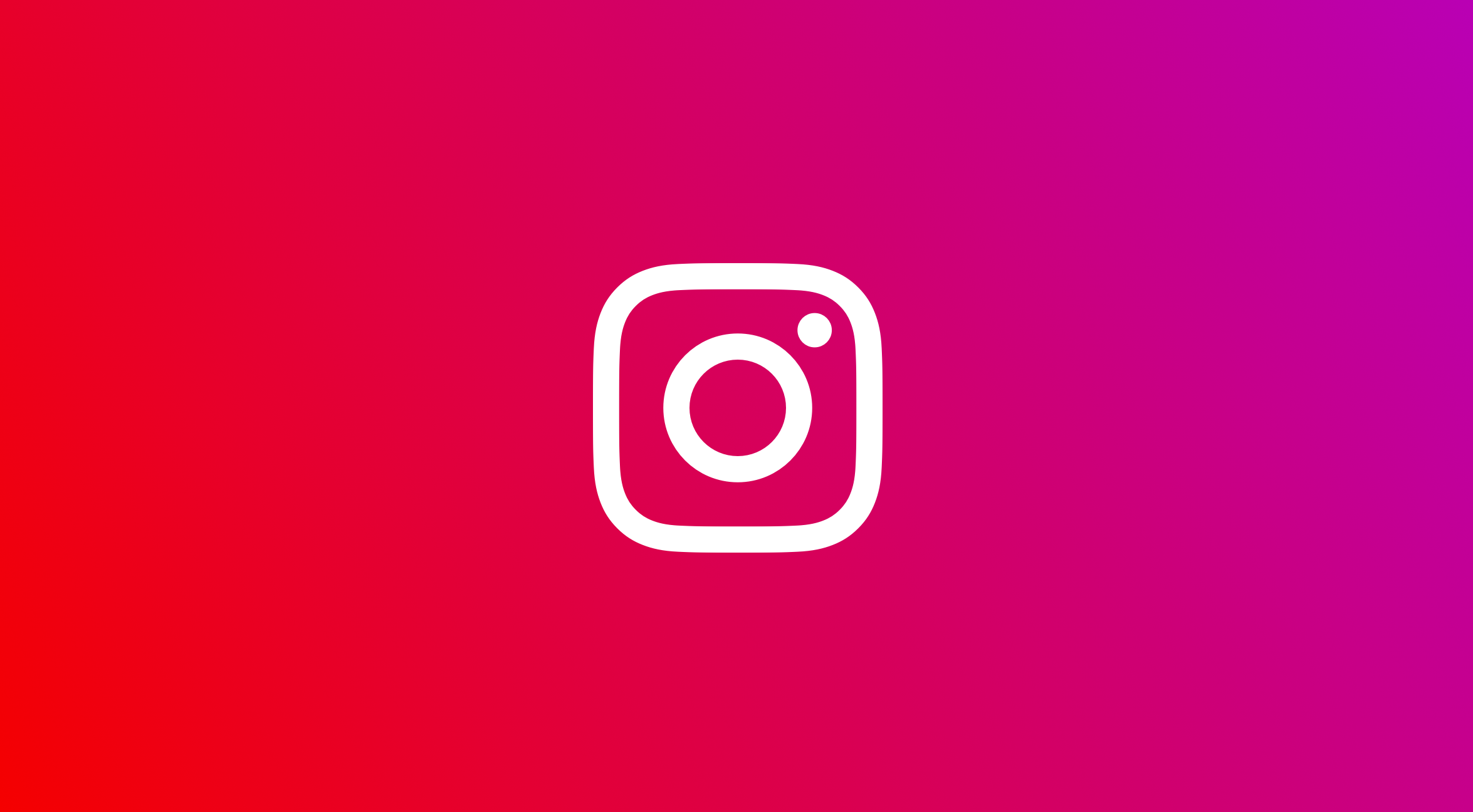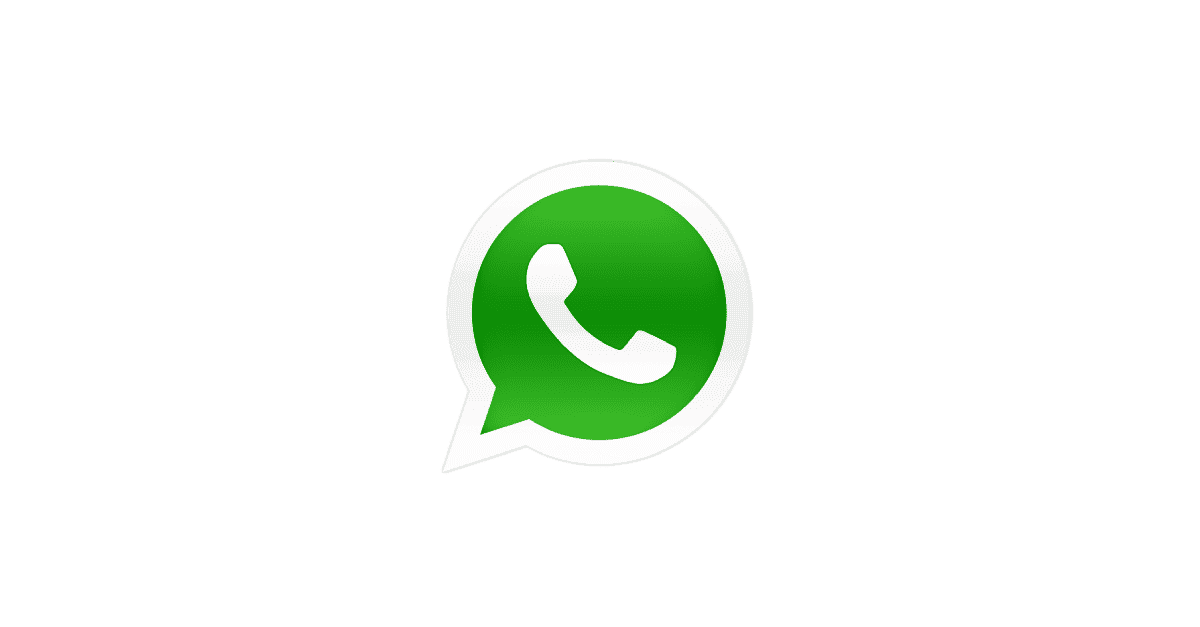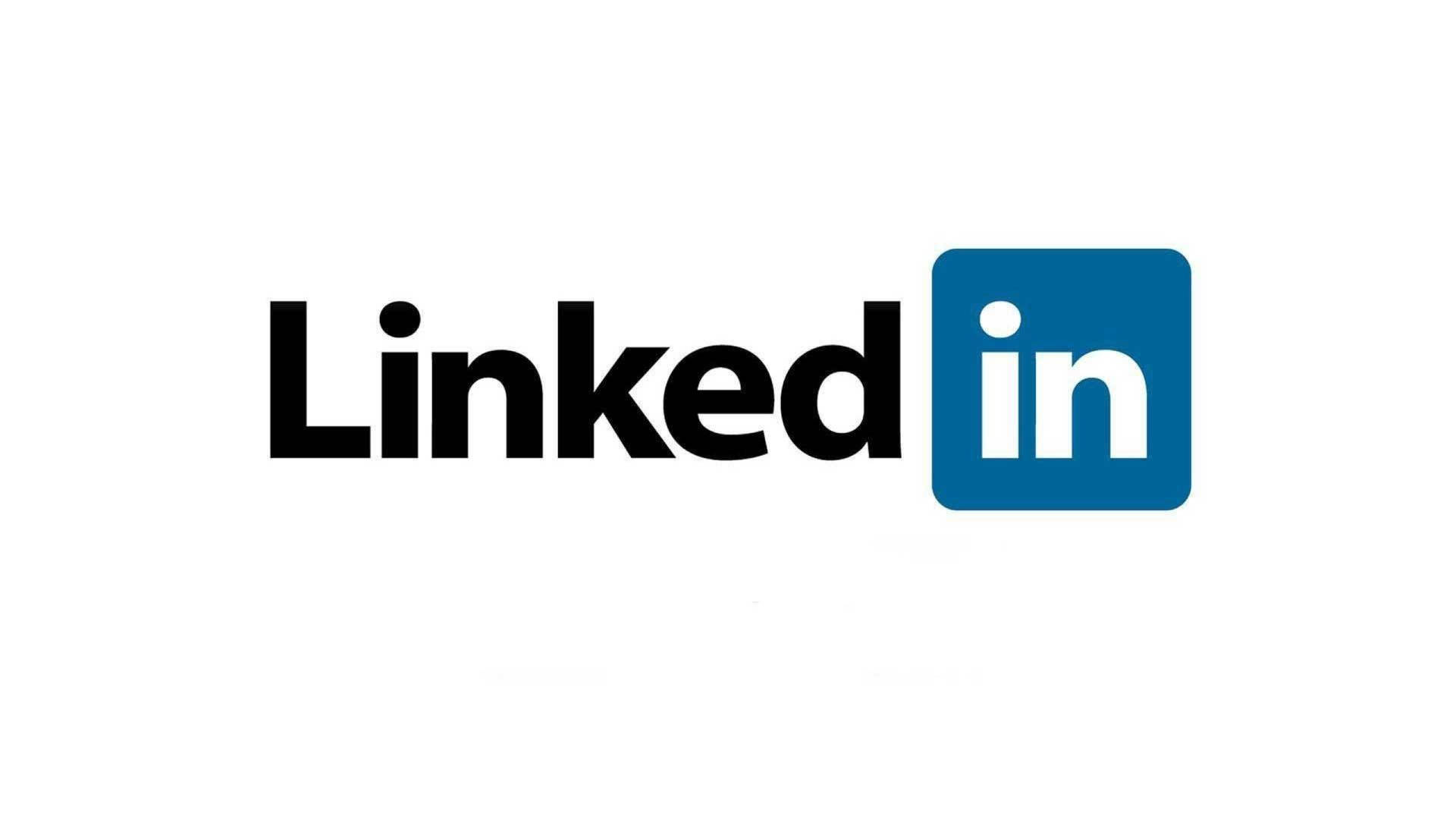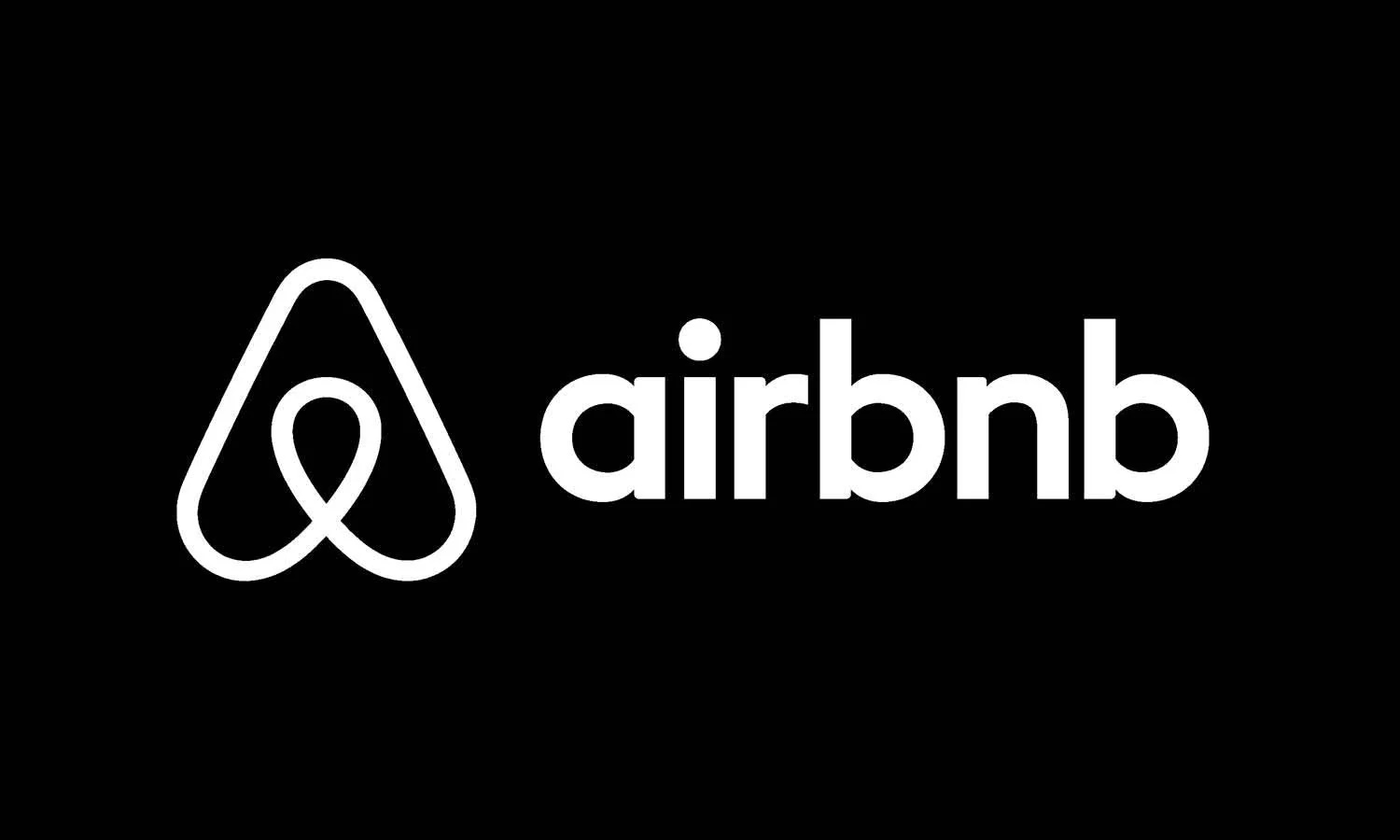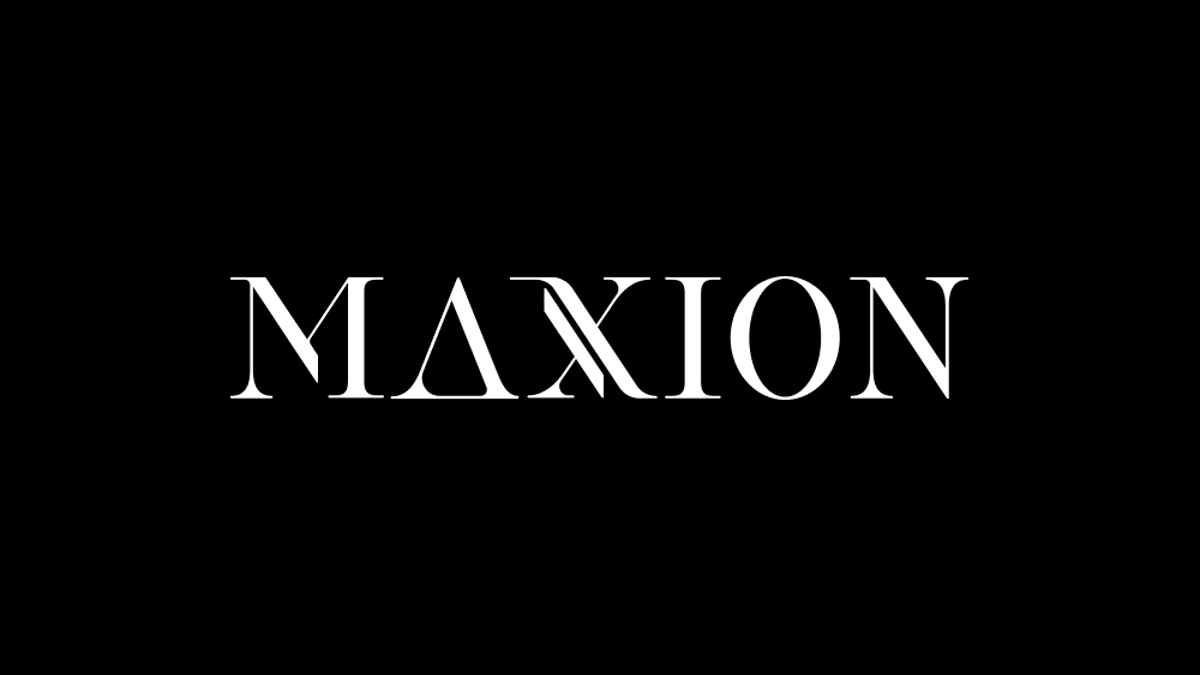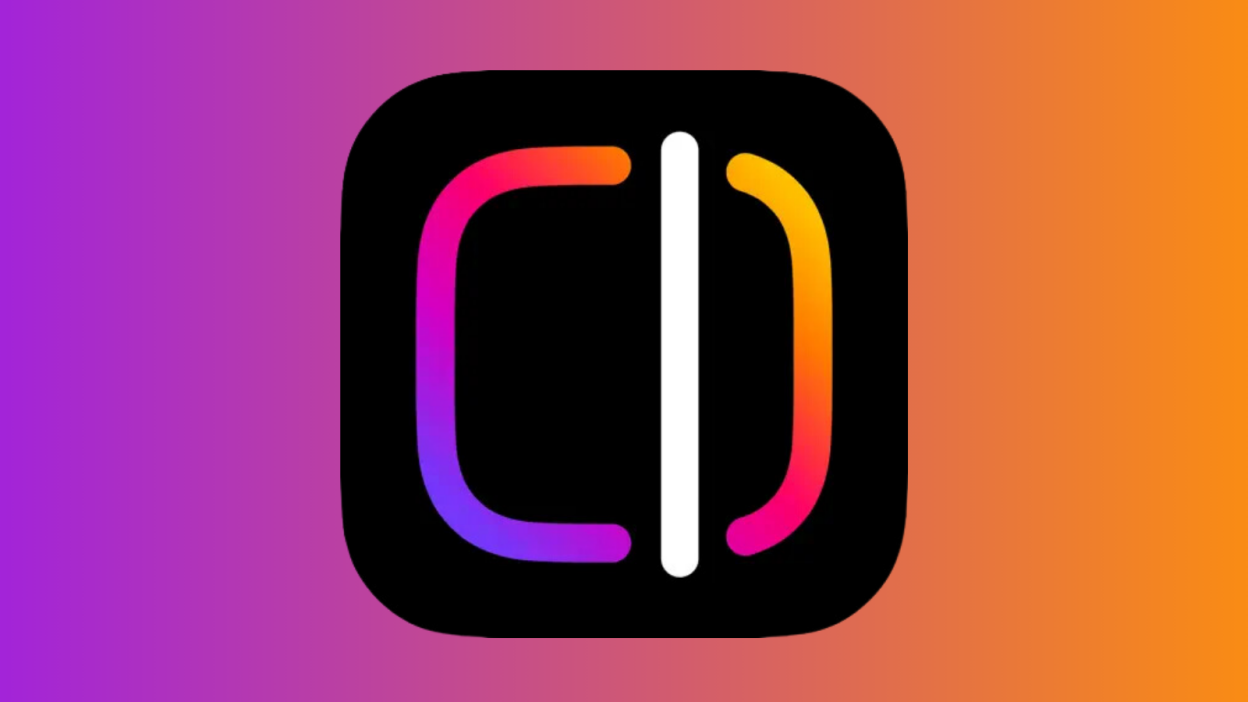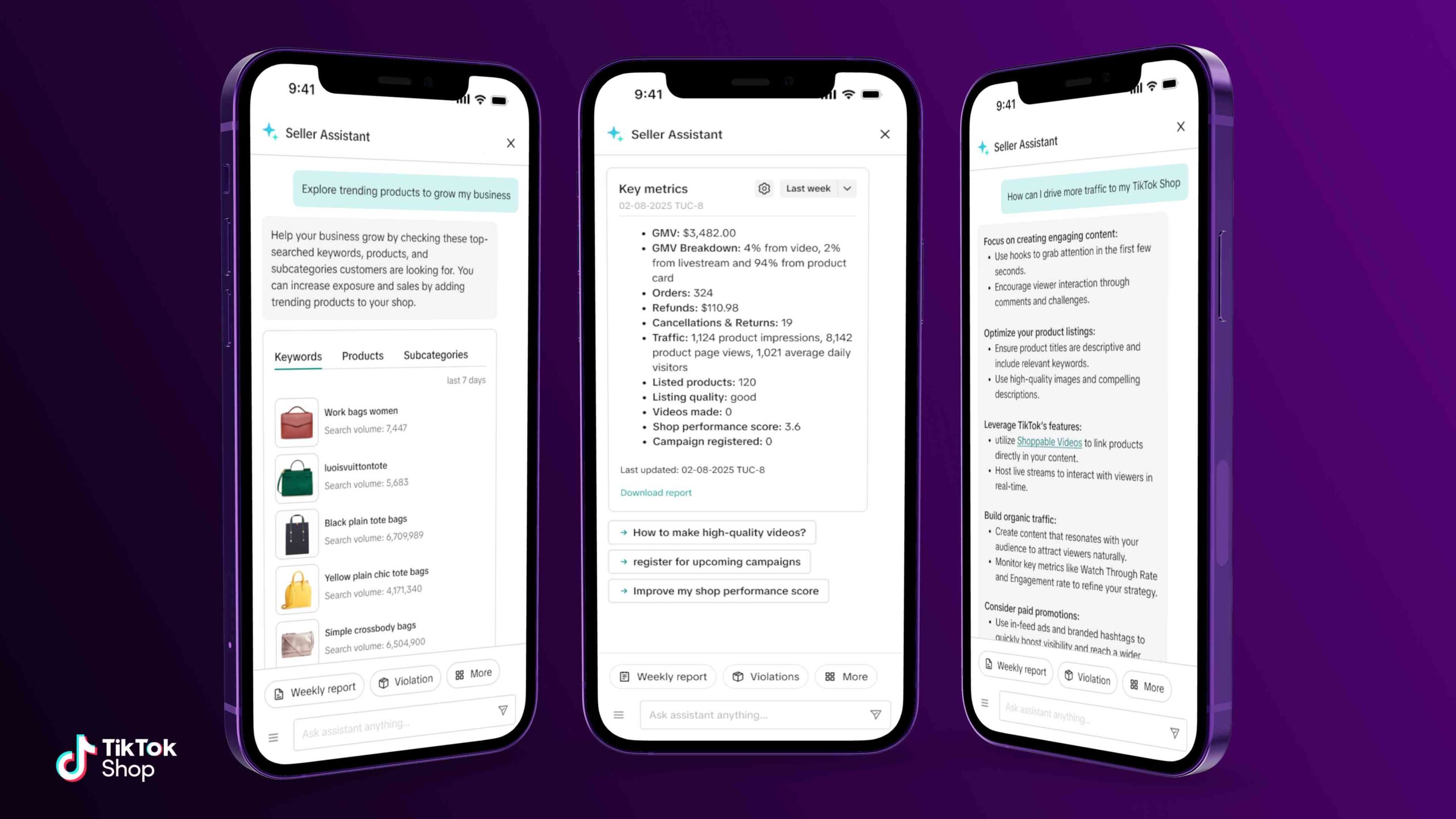Bluesky has begun accepting applications for account verification, marking a shift in how the decentralized social network approaches identity confirmation and user trust. As of Thursday, individuals with “notable and authentic” accounts can apply for verification via a new form, according to an announcement from the platform’s Safety team.
In addition to individual verification, organizations can apply to become Trusted Verifiers – entities with the ability to confirm the authenticity of others on the platform. Bluesky has been piloting this approach with a limited number of partners, including The New York Times, Wired, and The Athletic.
Unlike the centralized model adopted by Twitter/X, Bluesky is combining multiple verification paths. Users can self-verify by linking a domain to their handle, a method already used by more than 270,000 accounts. The platform also plans to rely on a broader ecosystem of Trusted Verifiers rather than acting as the sole authority.
Still, the rollout of the blue checkmark has been met with mixed reactions. Some users are concerned it could reintroduce the status-driven hierarchies that came to define Twitter’s pre-Musk era. While Bluesky outlines general criteria – such as activity levels and profile completeness – the definition of “notable” remains subjective. Indicators include professional accolades, press coverage, and public interest, but the full vetting process is not transparent.
Bluesky says it will only contact users selected for verification, raising further questions about the selection process. The platform’s decision to proceed before fully decentralizing the verification process may influence perceptions of its long-term commitment to its open and egalitarian ethos.
